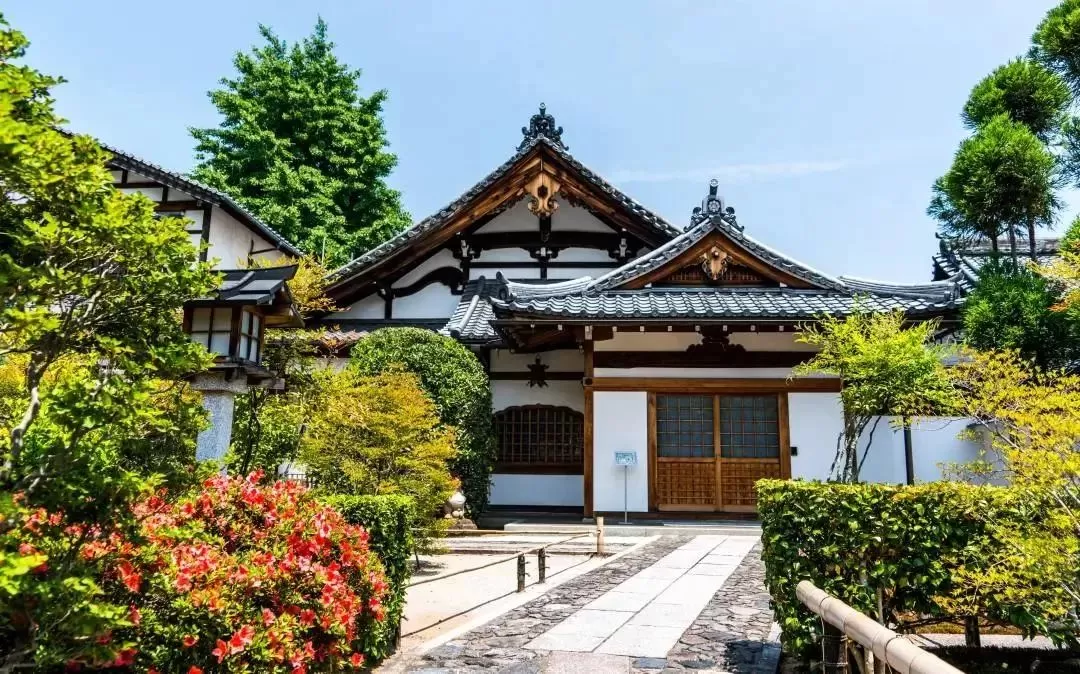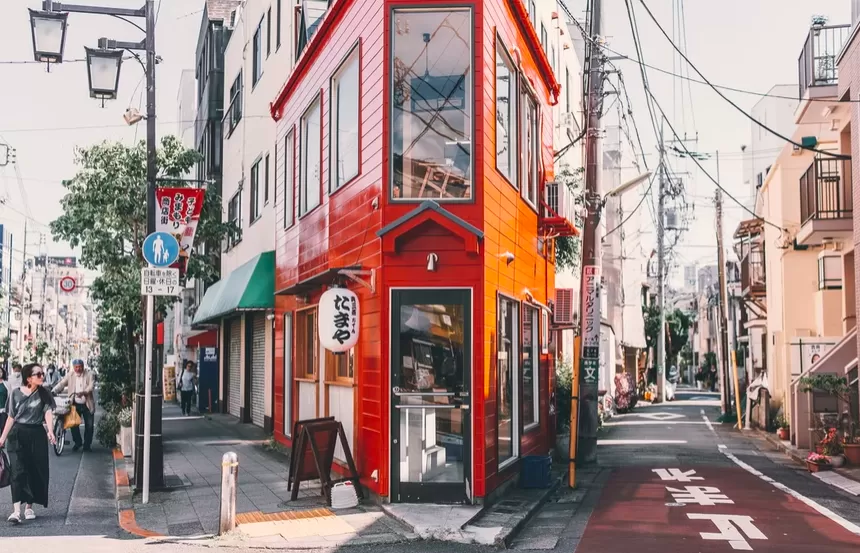
From one policy to multiple investments, how did Hong Kong insurance do it?
2024-08-09
Summary of "Account Management Fee + Transfer Handling Fee" for Hong Kong bank accounts, recommended to collect!
2024-08-16In recent years, Japan has become one of the favored overseas real estate markets for Chinese investors. Comprehensive data analysis shows thatBuying a home in JapanIt has become a trend that more and more Chinese investors are choosing toInvesting in real estate in JapanThe

#01
Three Japanese property purchases by Chinese
01 First boom
It happened in early 2014, on the eve of Japan's planned consumption tax rate hike from 5% to 8%. Some Chinese investors began to dip their toes into the Japanese real estate market based on the expectation that the consumption tax hike would lead to higher home prices.
02 Second boom
Between 2015 and 2016, as the Japanese yen fell to a record low of 1:5 against the Chinese yuan, a large number of Chinese investors took advantage of the exchange rate difference to purchase properties, really kicking off the peak of Chinese investment in Japan. It is estimated that around $300 million of private Chinese capital flowed into the Japanese real estate market that year.
03 Third boom
Emerging in 2022, the impact of interest rate hikes and a further fall in the yen to 4.77 RMB per 100 yen prompted many Chinese buyers to enter the market. This wave of purchases continues to this day.

#02
Why do Chinese investors choose to buy property in Japan?
01 Low thresholds and small investments
Japanese real estate investment threshold is relatively low, the single investment amount is small, and enjoys freehold.
02 No foreign investment restrictions
The Japanese government does not impose any special restrictions on foreign investors in purchasing properties, and only an ID card and a letter of appointment are required, even if the property is purchased with full payment; foreign investors can also apply for loans.
03 High Rental to Sales Ratio
Japanese real estate can provide stable rental income with a higher yield than most domestic financial products.
04 Asset preservation and security
The political and economic environment in Japan is stable, which contributes to asset preservation.
05 Diversified monetary asset allocation
Holding yen assets helps to diversify risk.
06 Geographical proximity
Japan's geographical proximity to China facilitates management and monitoring.
07 Appreciation of properties in core areas
Property prices in Japan's core areas are showing a steady growth trend.

#03
The main difference between purchasing a home in Japan and purchasing a home in China
There are some significant differences between Japanese real estate and Chinese real estate, and these differences are mainly in the following areas:
1️⃣ Calculate the area by
▶ Japan: In Japan, the area of a property is calculated based on the actual usable area, so-called "proprietary area," and does not include common shared area. This means that the area of the property purchased is the area that can actually be used.
▶ China: The area of a property in China usually includes amortized area, i.e., in addition to the proprietary area it includes a certain percentage of the area of the common area, such as corridors, elevator shafts, and so on. Therefore, the actual usable area may be smaller than the total area on the contract.
2️⃣ Provisions for the use of balconies
▶ Japan: In Japan, balconies are usually regarded as part of the public area, so there are certain restrictions on their use, such as not being able to close the balcony or place a washing machine at will.
▶ China: Balconies in China are considered private space and can be closed or remodeled by homeowners according to their needs and used for purposes such as drying clothes and planting flowers.
3️⃣ Decoration Standards
▶ Japan: The majority of new homes in Japan are delivered fully furnished, meaning that walls, floors, kitchens, bathrooms, toilets, and air conditioners are all installed, even including all light fixtures except chandeliers, which means that buyers can move in or rent out their homes straight away.
▶ China: Most of the properties in China are in rough or simply furnished state, and the buyers need to finish the decoration by themselves before they can move in or rent out, but of course there are more and more furnished properties available nowadays.

4️⃣ Property Rights Systems
▶ Japan: Japan has a freehold system, which means that once a property is purchased, you own the property and the land it occupies in perpetuity, subject to the payment of a certain percentage of the annual asset tax on the land and buildings.
▶ China: Land in China is owned by the state, and individuals or enterprises can only use land through land use rights. The term of land use rights for residential land is generally 70 years, and can be renewed upon expiration.
5️⃣ return on investment model
▶ Japan: Property investment in Japan focuses more on stable rental income, and investors usually focus on rental returns with the expectation of a stable cash flow through rent collection.
▶ China: Property investment in China focuses more on the growth in value of the property itself, i.e. capital appreciation. While rental income is also a consideration, the potential for capital appreciation is usually more important to investors.
6️⃣ Regulations and Policies
▶ Japan: Japan has no special restrictions on foreign investors purchasing real estate as long as they comply with local laws and regulations.
▶ China: China's real estate policies are relatively complex, with certain restrictions on foreign investors purchasing property and varying from region to region within the country.

Japan Real Estate MarketThe unique charm of Japan attracts more and more Chinese investors. With the fluctuation of the yen exchange rate, favorable policies of the Japanese government, and stable rental income, investment inJapan Real EstateNot only is it an asset allocation choice, it is also an investment in your future lifestyle.
If you are interested in Japanese real estate, please feel free to contact us!


